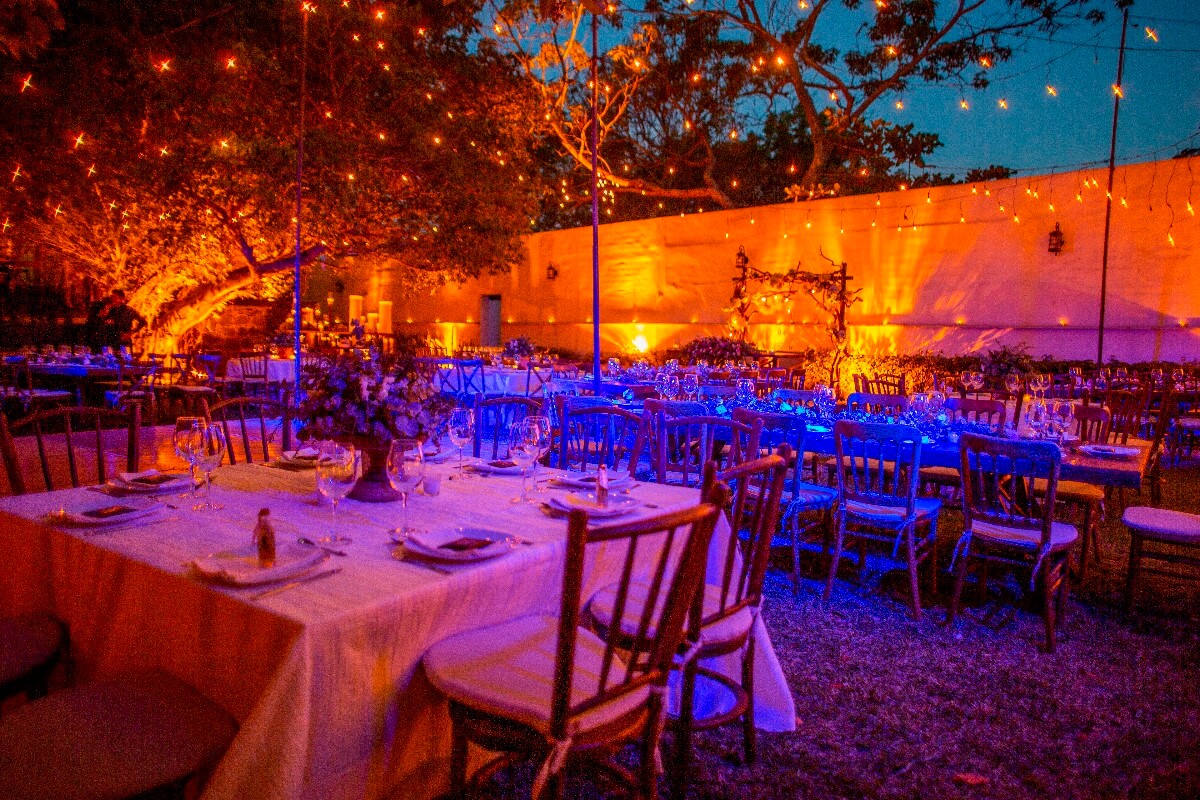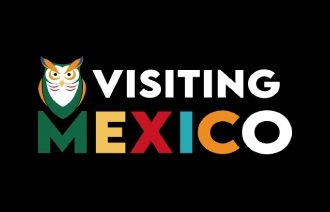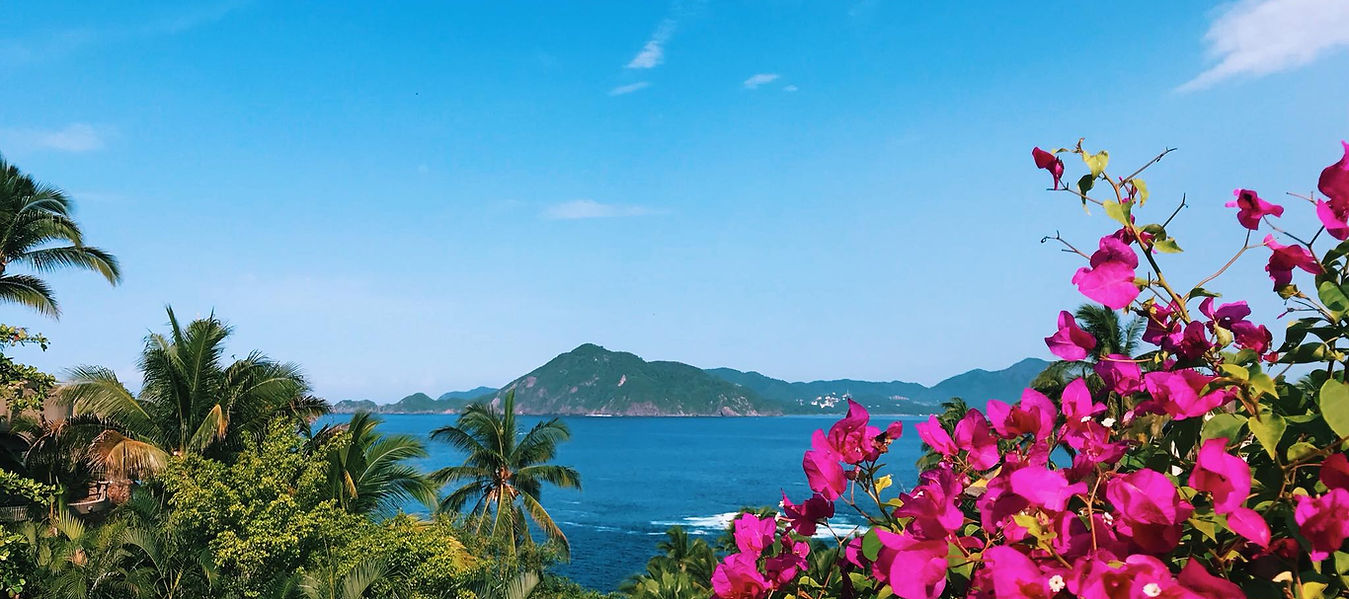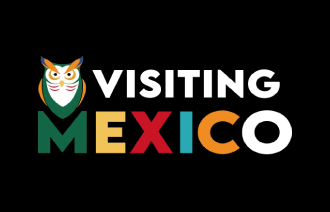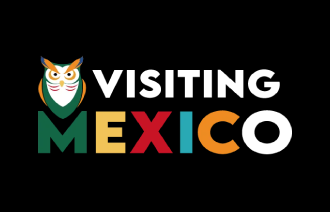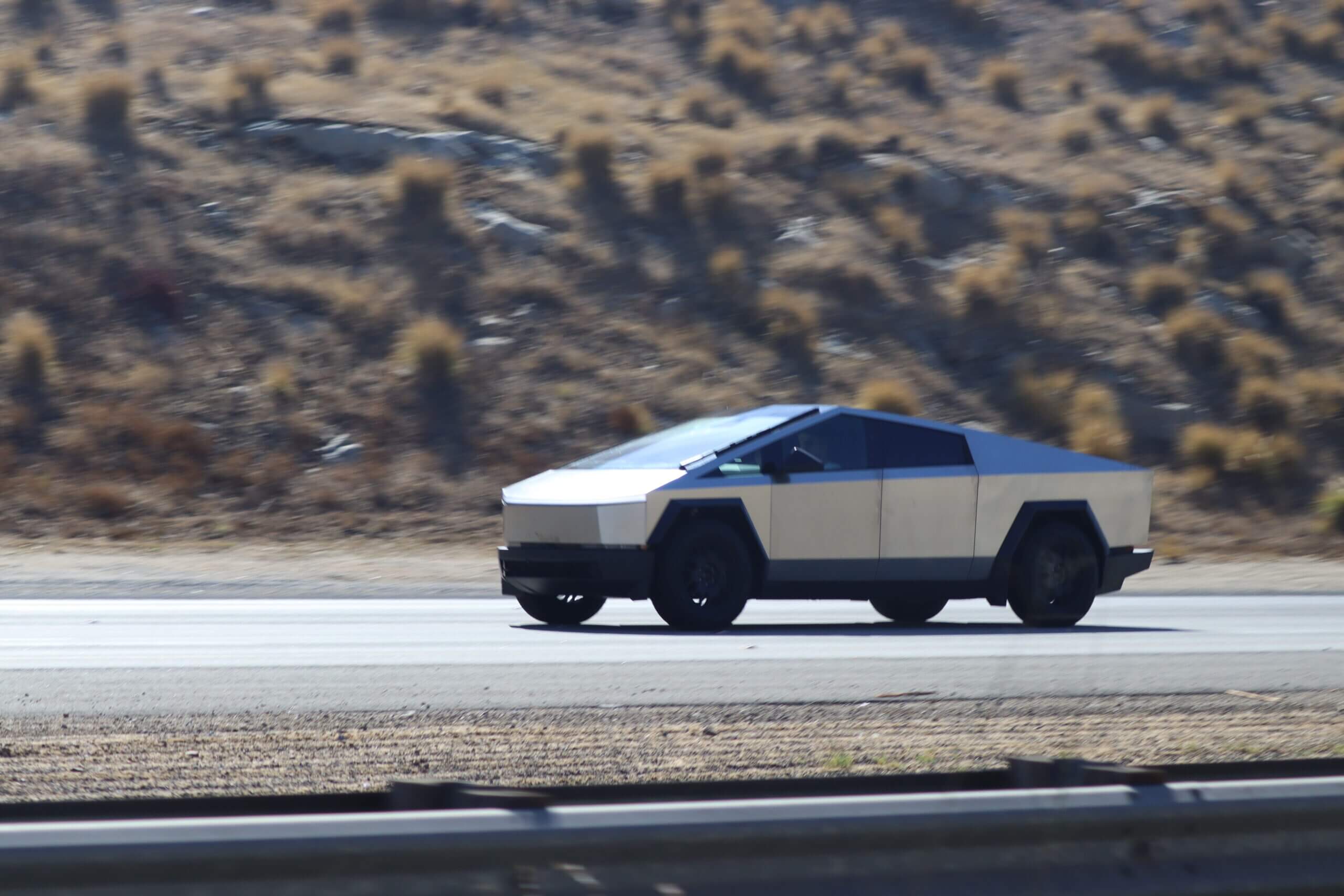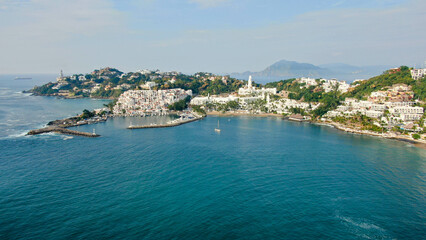
IMPORTANT FACTS ABOUT COLIMA
Colima has an area of 2,172 square miles and a population of 662,500 people. Colima was admitted as a state in 1856. The state’s residents enjoy a higher standard of life than other regions of the country and they also have some of the lowest unemployment rates in the nation. Aside from tourism, Colima has prospered from industries like fishing, agriculture, and mining. It is known for its distinctive cultural festivals like the Day of the Dead.
GEOGRAPHY AND LANDSCAPE OF COLIMA
Most of the state is covered by mountains and hilly terrain. The north boasts a cooler climate than the south essentially due to the division created by geological conditions; the north is mountainous and contains two volcanoes near the border. The southern region and the coast are considerably hot and noted for their tourism as well as lime and coconut production. Colima also has jurisdiction over the Revillagigedo Islands. There are four mountain systems, part of the larger Sierra Madre Occidental range, that include such notable peaks as El Tigre, La Astilla, La Media Luna, and El Escorpion. Colima is home to one active volcano, Volcan de Fuego, and one inactive volcano, Nevado de Colima which is surrounded by a national park of the same name. The state boasts a few important rivers on its lands such as the Cihuatlan, Armeria, and Salado. The coast is important to the state’s fishing and tourism industry. The port city of Manzanillo is known as the “World Capital of the Sailfish.” The rest of the state is known for its diverse wildlife that includes ocelots, crocodiles, and wild boar.
HISTORY OF COLIMA
Various pre-Columbian cultures made their home in Colima dating as far back as 1500 B.C. Ancient settlements have been found along the coast as well as the region’s rivers. While very little is known about the people of the ancient past, archeologists do assert that cultures like the Otomi, Tolteca, Chichimeca, Nahuatl, and Tarasca were present at different points in the area. After the Spanish conquered the region, they built a road between Colima and Mexico City. This road paved the way to Colima’s commercial importance. Later, when Benito Juarez refused to recognize French sovereignty, he moved the capital temporarily from Mexico City to Colima. During the Mexican Revolution, there were no major battles fought in the state; however, there were various small uprisings. During much of the twentieth century, Colima focused on its economic development, a practice that has resulted in considerable prosperity for the state.
Dining in Colima is a delicious affair. As a small region, the state has been greatly influenced by the cuisines of its neighbors, Michoacan and Jalisco. From its ranch-like specialties to its coastal bounty, Colima boasts many culinary delights like the pork and vegetable stew known as chilayo and its stewed pork marinated in coconut vinegar called tatemado. Many people of the state enjoy coconut candies as well as candied bananas. Pomegranate and guava punches are also favorite Colima beverages. Many dishes are characterized by the sweetness of locally produced sugarcane.
THE CAPITAL
Colima, the state capital, may not boast the cultural attractions that some of the state’s older cities have, but there are a couple of archeological sites that draw tourists. Less than thirty minutes from Colima, the site of La Campana is recognized as the largest prehistoric site in the western country. Also located just north of the city, this archaeological site may have been settled as early as 1300 B.C. The government palace and city cathedral also attract visitors to the city. Located within Colima’s metropolitan area, Villa de Alvarez is famous for its bullfighting and charreada, events similar to rodeos.
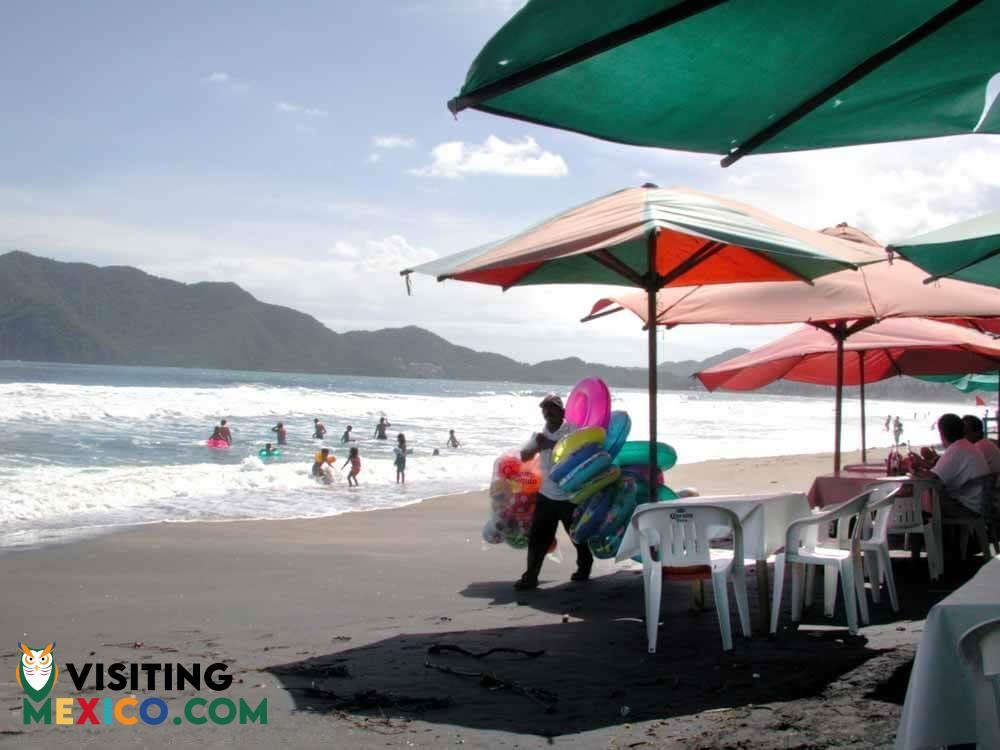
IT'S PARADISE: MANZANILLO
As the state’s largest city, Manzanillo attracts visitors from around the country as well as the world. While a busy port, the city is also a hub for tourism. A renowned fishing destination, the city is revered for major fishing competitions like the internationally-famed Dorsey Tournament. World-class hotels and resorts are found in Manzanillo. Vacationers enjoy touring the city and heading to the nearby beaches for various types of water sport like scuba and snorkeling. In addition to its recreational activities, Manzanillo is one of the best places in western Mexico to enjoy fresh seafood dishes.
MORE THINGS TO SEE AND DO IN COLIMA
Tecoman: The third-largest city in the state, Tecoman is regarded as the lime capital of the world. Situated near the Pacific coast, it is popular for many tourists who desire a fabulous beach location.
Revillagigedo Islands: The Revillagigedo Islands are sometimes noted as the country’s version of the Galapagos Islands. Of the islands, Socorro is best known for its diversity of flora and fauna. These unique islands have been designated as a biosphere reserve since the 1990s.
Laguna de Alcuzahue: Located near the city of Tecoman, this lagoon is home to a crocodile sanctuary popular with many visitors. Tourists enjoy fishing for tilapia and other types of fish as well as catching glimpses of the local crocodiles. A small zoo also provides sights of captive crocodiles for those a bit too squeamish to search them out in the wild.
Comala: This picturesque colonial town is famous for its provincial style. Its quaint plazas and red-roofed white houses draw many travelers to town.
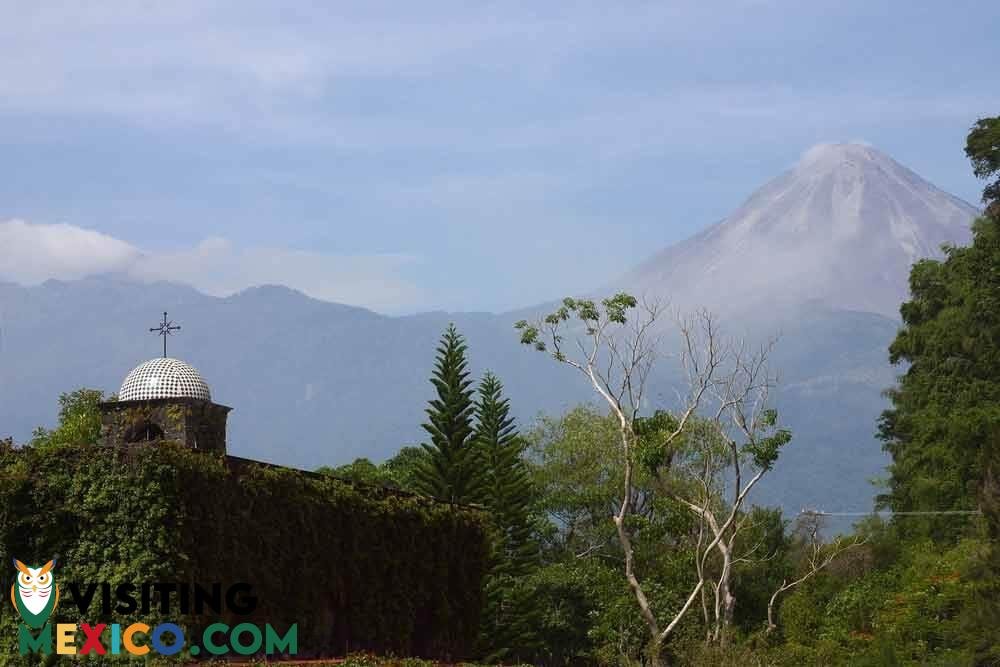
Volcan de Fuego: While much of this volcano lies within the state of Jalisco, the volcano is, nevertheless, sometimes called the Volcan de Colima. Part of the Trans-Mexican Volcanic Belt, this volcano and its surrounding area is an exciting eco-tourism destination.
San Gabriel Grotto: One of the state’s most popular natural attractions, the grotto is an extraordinary sight. The landscape of the area is also famed for its breathtaking scenery.



